Introduction
From old wives’ tales to misleading marketing, the world of nutrition is rife with misinformation. These falsehoods can lead to poor dietary choices or unnecessary food restrictions. Let’s debunk 15 of the most pervasive food myths and set the record straight for healthier, more informed eating!
Top 15 Food Myths You Need to Stop Believing
- Carbs make you gain weight.
- Fat-free foods are always healthier.
- You need to detox your body.
- Brown eggs are healthier than white eggs.
- Eating at night leads to weight gain.
- Fresh produce is always superior to frozen.
- Microwaves destroy food nutrients.
- Sea salt is healthier than table salt.
- Gluten is bad for everyone.
- Organic food is always pesticide-free.
- All calories are created equal.
- Juice cleanses are a healthy way to lose weight.
- You should never skip breakfast.
- Celery has negative calories.
- Natural sugars are better than added sugars.
Myth 1: Carbs Make You Gain Weight

Why People Believe It: Carbs are often associated with starchy foods like bread, pasta, and sweets, which can be high in calories. People might connect eating a lot of these carbs with weight gain. Additionally, some fad diets demonize carbs entirely, promoting the myth that they’re inherently fattening.
The Fact: Carbs are an essential macronutrient, providing our bodies with energy. The key is to focus on complex carbohydrates found in whole grains, fruits, and vegetables. These carbs are packed with fiber, vitamins, and minerals, keeping you feeling fuller for longer and aiding digestion. Simple carbohydrates, like those in sugary drinks and refined grains, can lead to blood sugar spikes and crashes, contributing to weight gain if consumed excessively.
you can read more about this Fact : Do Carbs Make You Gain Weight? Here’s What a Dietitian Has to Say
Balancing your carb intake with lean protein, healthy fats, and fiber ensures a well-rounded diet that supports weight management and overall health.
Myth 2: Fat-Free Foods Are Always Healthier
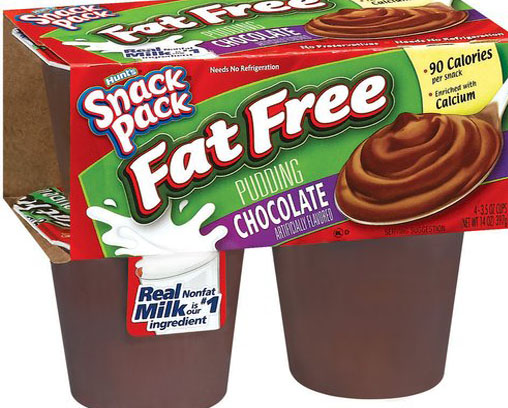
Why People Believe It: Marketing messages for years promoted the idea that “fat-free” equals healthy. Fat has a negative reputation for causing weight gain and health problems, so it might seem logical to believe that choosing fat-free options is always better.
The Fact: When manufacturers remove fat from products, they often replace it with sugar, sodium, and artificial ingredients to retain flavor and texture. These additions can negate the calorie difference and make these products just as unhealthy (and sometimes even more so) than full-fat versions. Focus on incorporating healthy fats like those found in avocados, nuts, seeds, and olive oil. These provide essential nutrients and have been linked to improved satiety and heart health.
you can read more about this Fact : Don’t Be Fooled by Low-Fat Foods
Myth 3: You Need to Detox Your Body
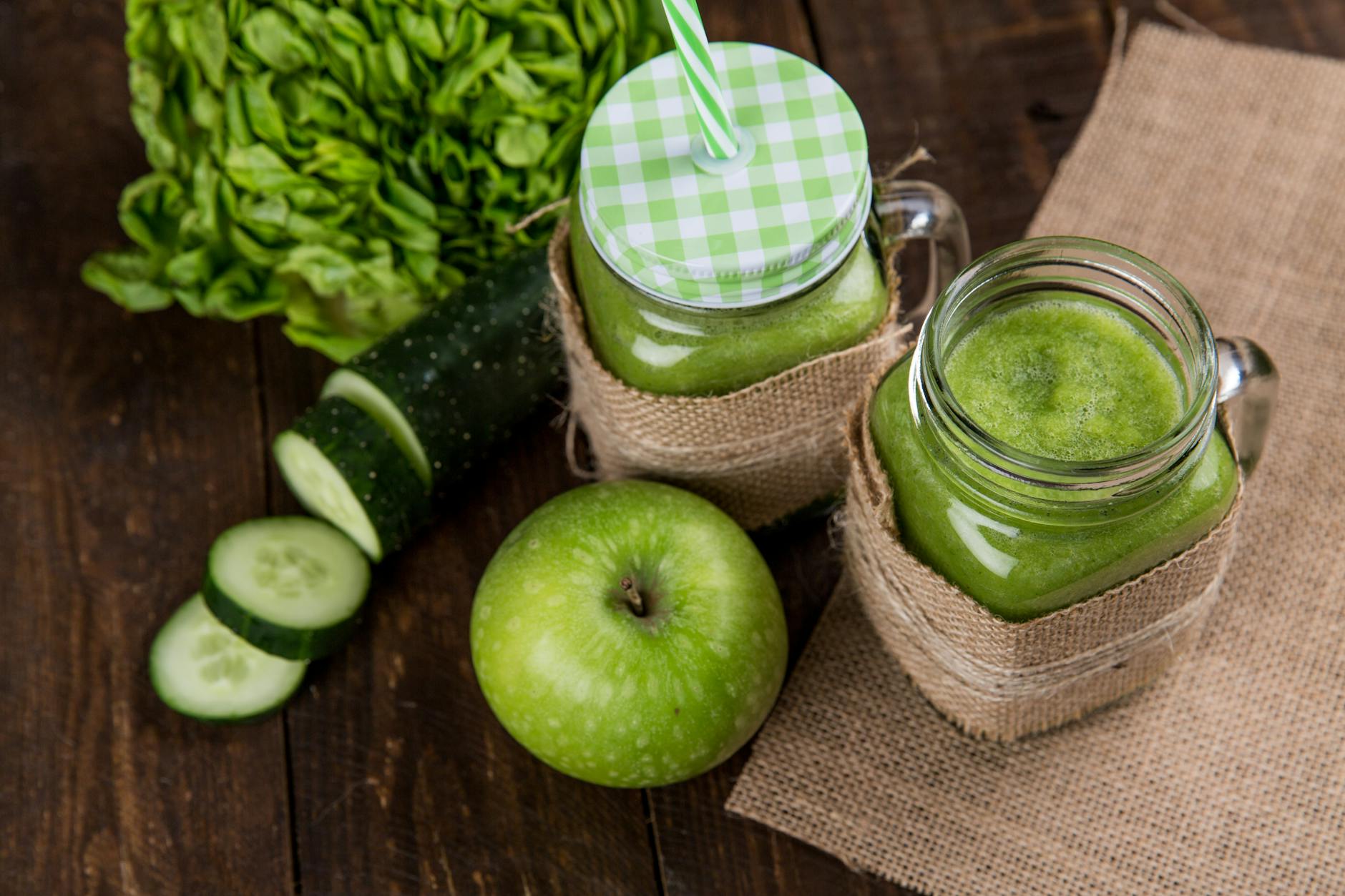
Why People Believe It: The idea of a “detox” is appealing, promising to rid our bodies of accumulated toxins and promote rapid weight loss. Our bodies are constantly bombarded with toxins, so the concept of flushing them out sounds beneficial.
The Fact: Our bodies have an incredibly efficient detoxification system in the form of our liver and kidneys. These organs filter out waste products, making specialized detoxes unnecessary. Juice cleanses and restrictive detox diets can deprive your body of essential nutrients and disrupt healthy digestion. Instead, focus on supporting your body’s natural detoxification processes by eating a variety of fruits, vegetables, and whole grains while staying well-hydrated.
you can read more about this Fact : Do Detox Diets and Cleanses Really Work?
also Read: Top 15 Facts: Fun Food Discoveries That Will Surprise You
Myth 4: Brown Eggs Are Healthier Than White Eggs
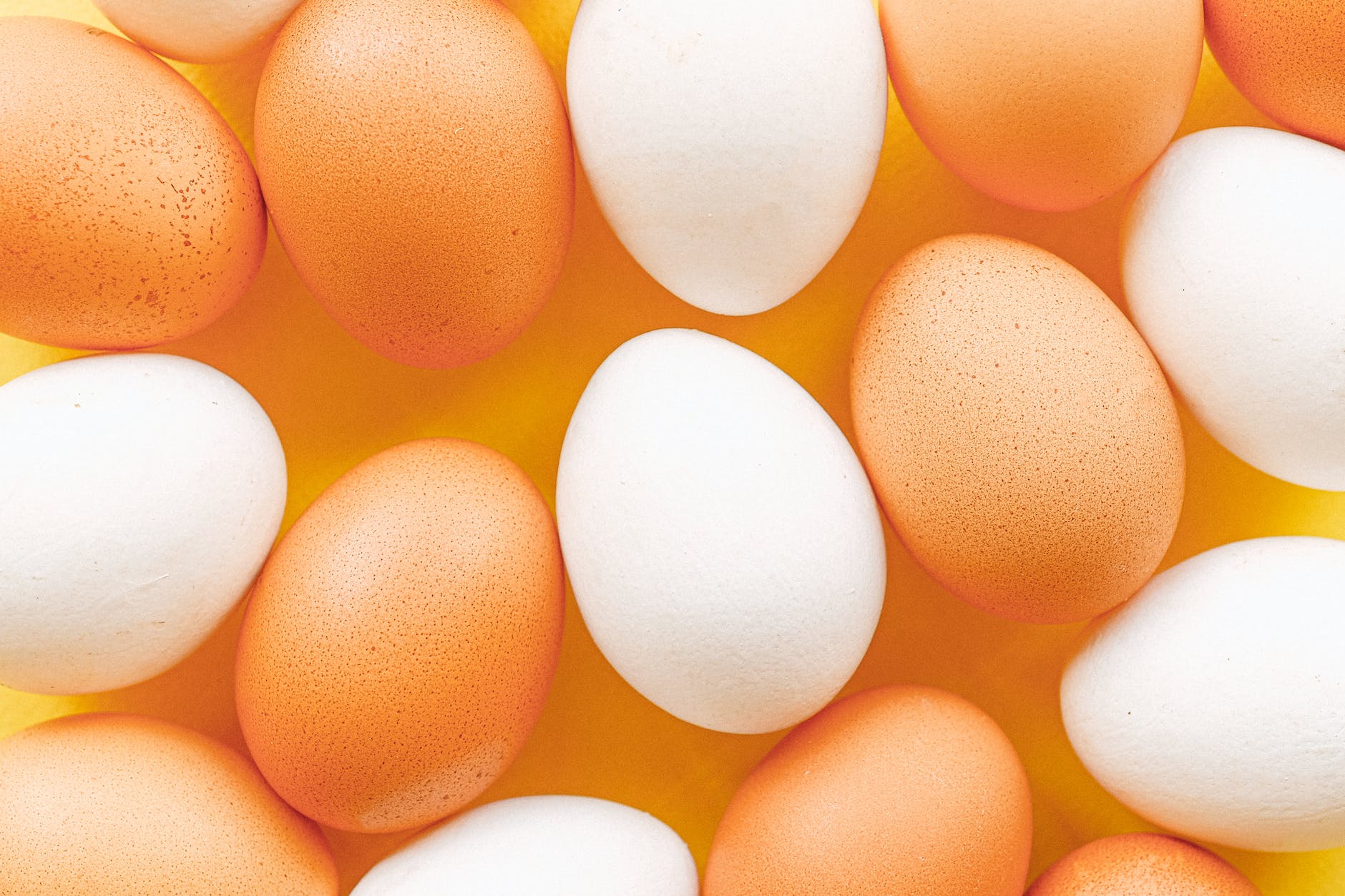
Why People Believe It: Brown eggs often have a “farm-fresh” aura and sometimes come with a higher price tag, leading to the assumption that they’re healthier.
The Fact: The color of an egg’s shell is purely determined by the breed of chicken that laid it. Brown eggs and white eggs have virtually identical nutritional profiles. Choosing eggs based on freshness, animal welfare practices, and if they’re organic or free-range are better indicators of quality.
you can read more about this Fact : Do brown eggs have more nutrients than white eggs?
Myth 5: Eating at Night Leads to Weight Gain

Why People Believe It: This idea stems from the concept that our metabolisms slow down in the evening, and therefore food consumed will be stored as fat.
The Fact: Weight gain or loss boils down to total calories consumed versus calories burned. While eating a large meal right before bed could disrupt sleep, the timing of your meals doesn’t inherently affect your metabolism. Distribute your meals throughout the day based on your schedule and hunger levels, ensuring you meet your overall calorie needs.
you can read more about this Fact : Harvard study: Curb late-night eating to stave off weight gain
Myth 6: Fresh Produce Is Always Superior to Frozen
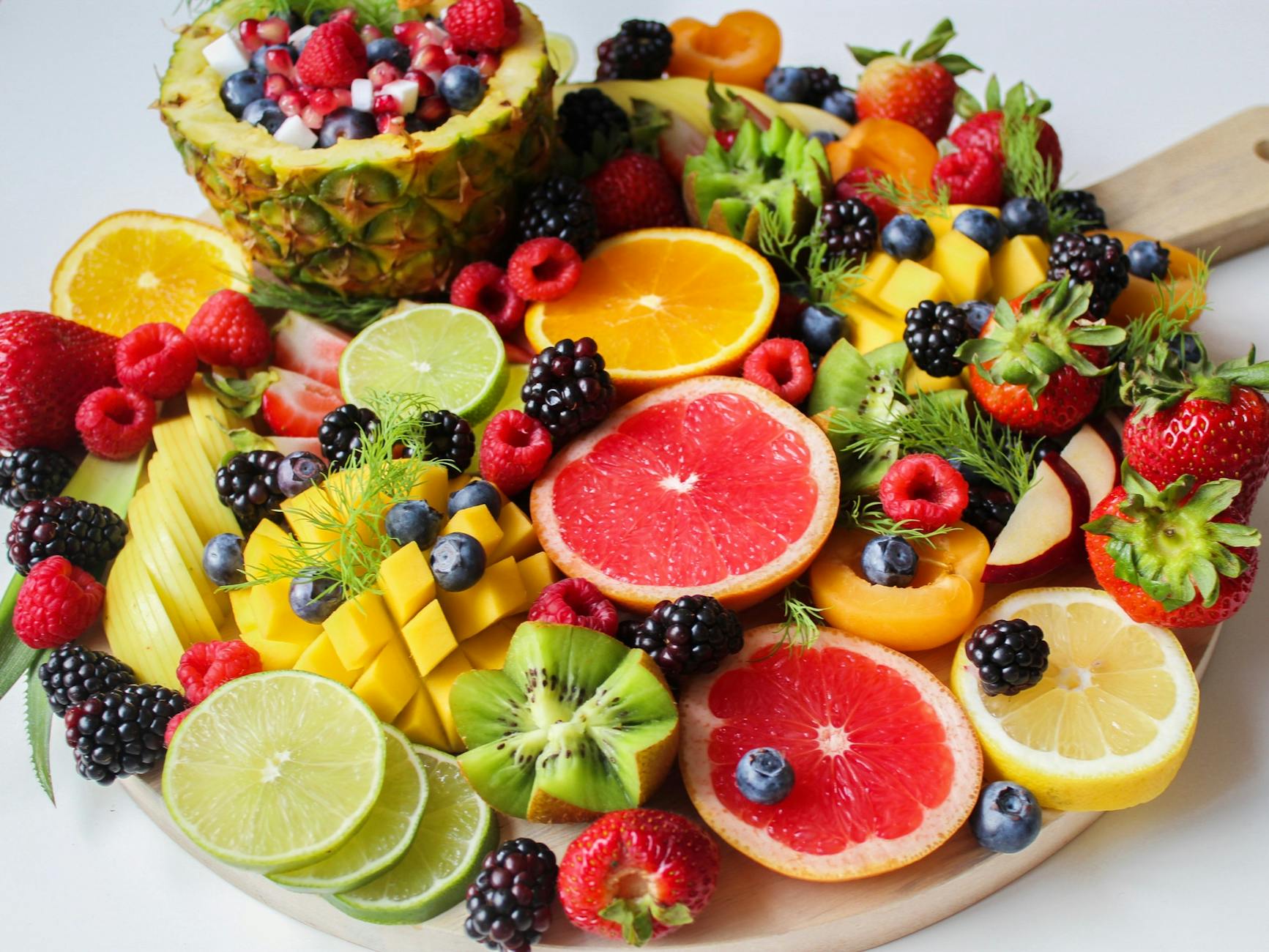
Why People Believe It: Fresh fruits and vegetables often seem instinctively better, promoting an image of peak ripeness and nutritional value.
The Fact: Frozen produce is often picked at its prime and flash-frozen, locking in nutrients that can degrade over time with fresh produce. Frozen fruits and veggies can actually be more nutrient-dense than fresh produce that has been transported long distances or sitting on shelves for a while. Frozen options are often more convenient and budget-friendly too!
you can read more about this Fact : IS FRESH PRODUCE BETTER THAN FROZEN?
Myth 7: Microwaves Destroy Food Nutrients

Why People Believe It: There’s a misconception that microwaves use some sort of harmful radiation that zaps nutrients out of food.
The Fact: Microwaves cook food through rapid agitation of water molecules, creating heat. While some nutrient loss occurs in any cooking method, microwaving is a quick process that tends to preserve more nutrients than methods like boiling, where nutrients can leach into the cooking water.
you can read more about this Fact : Does microwaving food destroy its nutritional content?
Also Read: A Chocolate Lover’s Time Travel: 15 Fascinating Facts About the History of Chocolate
Myth 8: Sea Salt Is Healthier Than Table Salt

Why People Believe It: Sea salt is often marketed as more natural and mineral-rich, promoting it as a healthier alternative.
The Fact: Both sea salt and table salt are primarily sodium chloride. While sea salt may contain trace minerals, the amounts are negligible. Excessive sodium intake, regardless of the source, can raise blood pressure and increase cardiovascular risks. Focus on reducing your overall salt intake, and consider using herbs and spices for flavor instead.
you can read more about this Fact : What’s the difference between sea salt and table salt?
Myth 9: Gluten is Bad for Everyone
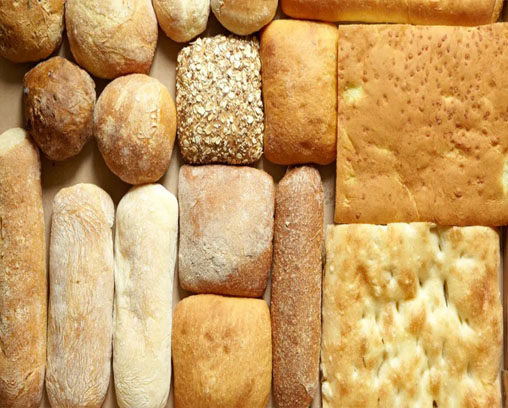
Why People Believe It: Gluten-free diets have become incredibly popular, even among people without celiac disease or gluten sensitivity, leading to a perception that gluten is inherently unhealthy.
The Fact: Gluten, a protein found in wheat, rye, and barley, only poses a health risk for those with celiac disease (an autoimmune condition) or a diagnosed gluten sensitivity. For most people, whole grains containing gluten are a valuable source of fiber, vitamins, and minerals. Unless you have a medical reason to avoid gluten, there’s no need to remove it from your diet.
you can read more about this Fact : Gluten: A Benefit or Harm to the Body?
Also Read: Beyond Croissants: 15 Surprising Facts About French Cuisine
Myth 10: Organic Food Is Always Pesticide-Free
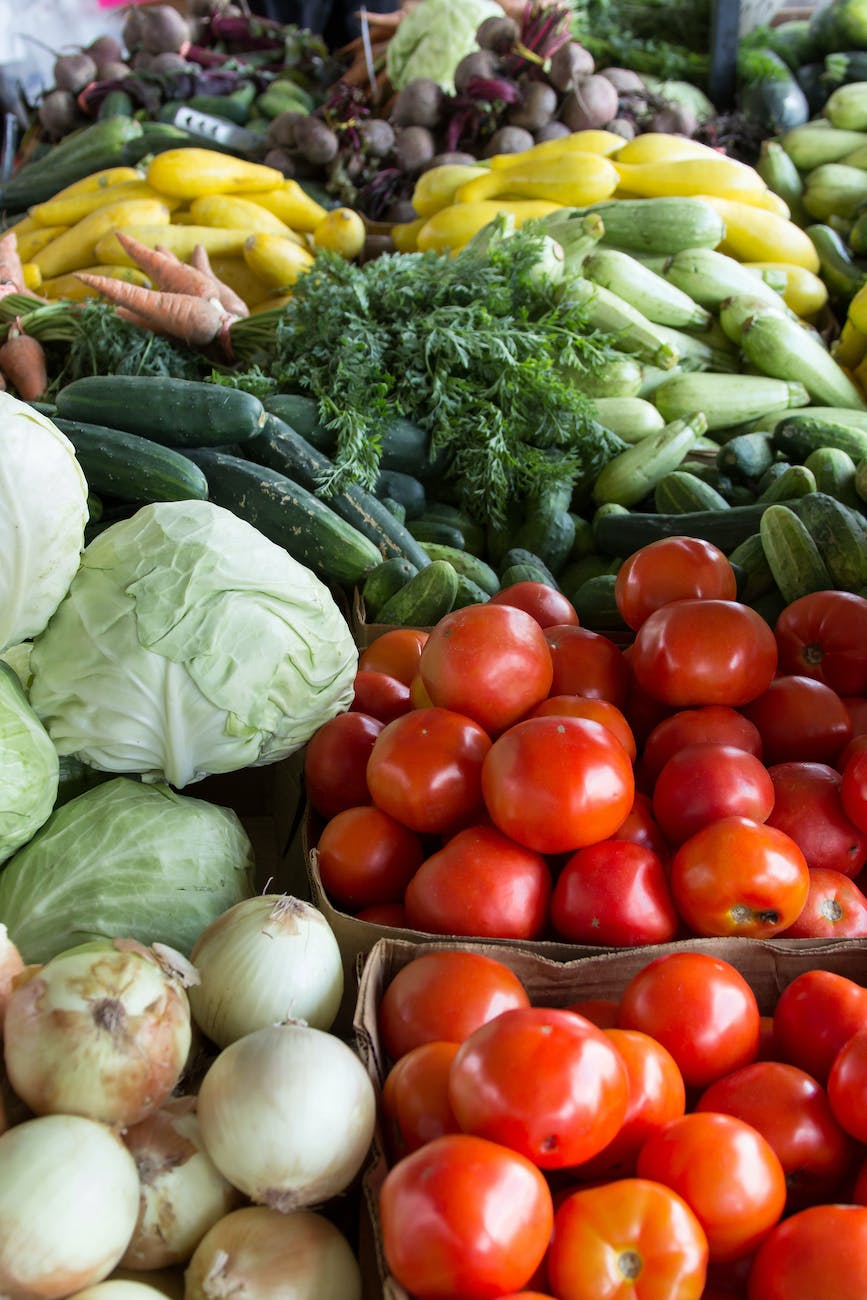
Why People Believe It: The “organic” label is meant to indicate more sustainable farming practices and reduced exposure to synthetic chemicals. This might create the assumption that organic food is entirely chemical-free.
The Fact: Organic farming standards allow for some use of approved pesticides, both natural and synthetic. While organic standards significantly limit the types and amounts of pesticides used, it’s important to understand that “organic” doesn’t equal “pesticide-free.” Thoroughly washing all produce, organic or conventional, is the best way to minimize pesticide residues.
you can read more about this Fact : Organic Does Not Mean Pesticide-free
Myth 11: All Calories Are Created Equal

Why People Believe It: This oversimplification suggests a calorie from a candy bar has the same impact on your body as a calorie from an apple.
The Fact: While calories measure energy, they don’t tell the whole story. Different foods have varying effects on our metabolism, satiety (feelings of fullness), blood sugar levels, and gut health. A 100-calorie apple packed with fiber and nutrients will leave you feeling more satisfied than a 100-calorie soda, which will spike blood sugar and leave you craving more.
you can read more about this Fact : Are all calories created equal? Your gut microbes don’t think so.
Myth 12: Juice Cleanses Are a Healthy Way to Lose Weight

Why People Believe It: The idea of “cleansing” the body with juices sounds appealing for weight loss and “detoxification.”
The Fact: Juice cleanses deprive your body of essential nutrients and fiber. The weight loss experienced is usually temporary water weight and may even lead to muscle loss. They also disrupt gut bacteria and can lead to blood sugar crashes. Focus on sustainable weight loss through a balanced diet rich in whole foods and regular exercise.
you can read more about this Fact : Are Juice Cleanses Actually Good for You?
Myth 13: You Should Never Skip Breakfast

Why People Believe It: The classic advice that “breakfast is the most important meal of the day” was heavily pushed by marketing efforts of cereal companies and diet culture.
The Fact: Whether or not to eat breakfast is an individual choice. For some, eating early helps them feel energized and focused. Others may not feel hungry until later in the day. Listen to your body’s hunger cues and focus on eating nutritious foods throughout the day.
you can read more about this Fact : What Happens to Your Body When You Skip Breakfast
Also Read: Discover the Delicious World of Spanish Food: Facts, Flavors, and FAQs
Myth 14: Celery Has Negative Calories
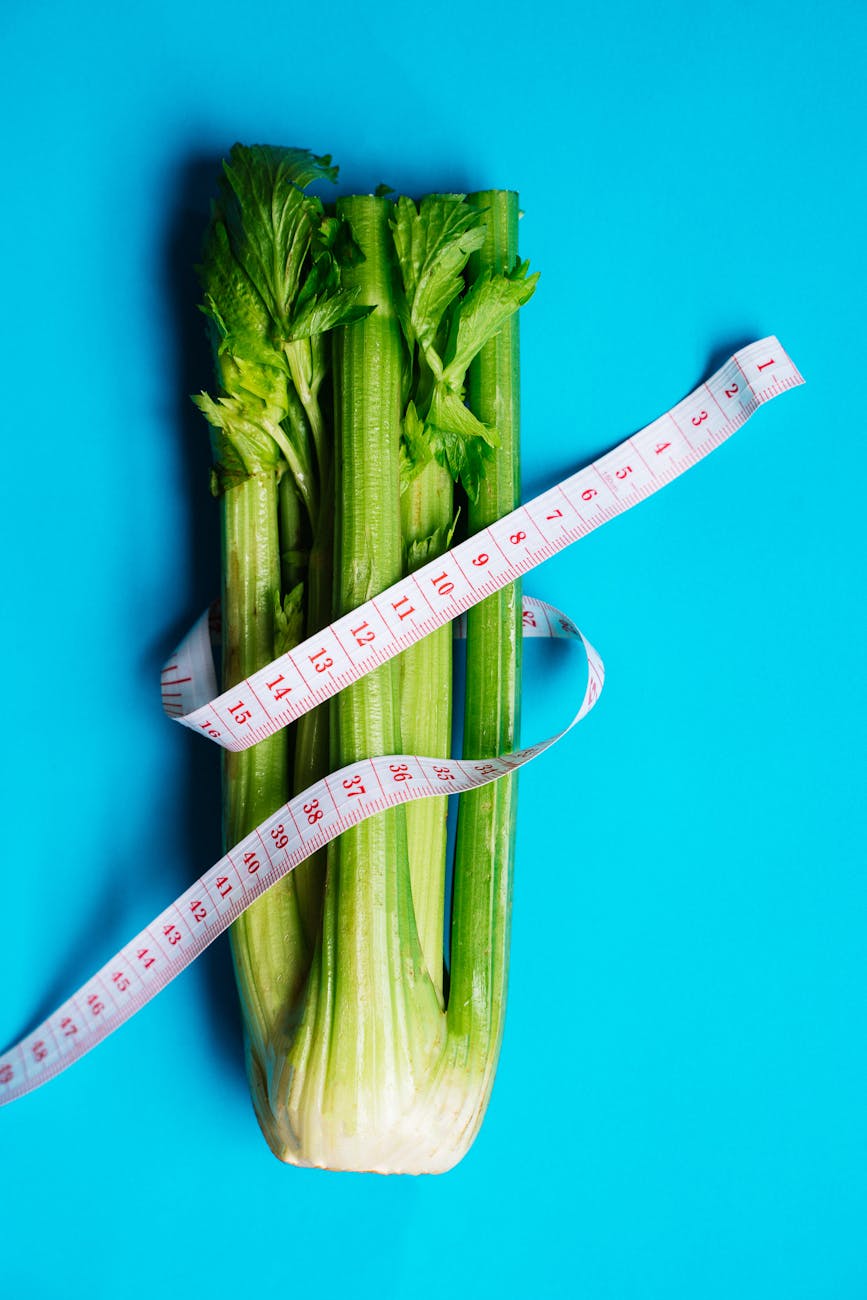
Why People Believe It: Celery is very low in calories and mostly water, leading to the misconception that digesting it burns more calories than it contains.
The Fact: While celery digestion does expend a tiny amount of energy, it’s not enough to make it a “negative-calorie” food. Nonetheless, celery is a healthy snack packed with fiber and hydration!
you can read more about this Fact : Is celery a negative-calorie food? A dietician debunks a dangerous myth
Myth 15: Natural Sugars Are Better Than Added Sugars

Why People Believe It: “Natural” suggests healthy, leading people to view sugars like honey and maple syrup as superior to refined white sugar.
The Fact: Our bodies process all sugars similarly, whether they come from honey, fruit, or table sugar. Excess consumption of any kind of sugar can contribute to health problems like weight gain, tooth decay, and increased risk of chronic diseases. Focus on limiting your overall intake of all added sugars, regardless of the source.
you can read more about this Fact : Nature’s Sweet vs. Factory’s Treat: What’s the Difference Between Natural Sugars and Added Sugars?
Conclusion:
In the realm of nutrition, misinformation runs rampant. Separating fact from fiction is essential for making informed choices that support your health. Remember, focus on a balanced diet filled with whole, minimally processed foods, prioritize fruits, vegetables, and whole grains, limit added sugars and unhealthy fats, and listen to your body’s hunger cues. Don’t be swayed by fad diets or quick fixes – sustainable, healthy habits lead to long-term success!
15 FAQs (Frequently Asked Questions)
-
Are there any foods that are truly “superfoods”?
While no single food holds magical powers, many offer exceptional nutrient density. Think blueberries, kale, beans, and nuts. Focus on a varied diet rich in whole foods, rather than relying on a few “superfoods.”
-
Is it ever necessary to take supplements?
For most people eating a balanced diet, supplements are unnecessary. However, those with deficiencies, dietary restrictions, or specific health conditions may benefit from them under the guidance of a healthcare professional.
-
I’ve heard dairy is bad for you. Should I avoid it?
Dairy can be a valuable source of calcium and protein. If you tolerate it well, there’s no need to exclude it. Those with lactose intolerance or dairy allergies should seek alternatives.
-
What’s the best diet for weight loss?
The “best” diet is the one you can stick to. Focus on sustainable changes, creating a calorie deficit by consuming fewer calories than you burn, and emphasizing whole, nutrient-dense foods.
-
Is a vegan diet healthy?
A well-planned vegan diet can be nutritionally complete. It requires careful attention to ensure intake of nutrients like vitamin B12, iron, and omega-3 fatty acids.
-
Are GMOs safe?
Scientific consensus indicates genetically modified foods (GMOs) are safe to consume. Regulatory agencies carefully test them before approval, and there’s no evidence they pose unique health risks.
-
Should I worry about food additives?
Most food additives approved by regulating bodies are deemed safe when consumed in typical amounts. However, some may have adverse effects in sensitive individuals. Always read food labels and choose products with fewer additives as much as possible.
-
Is it bad to eat the same thing for breakfast every day?
There’s no harm if your breakfast provides a balance of nutrients. However, for variety and to get a broader range of nutrients, mixing it up occasionally is beneficial.
-
Can certain foods boost my metabolism?
Some foods like chili peppers might slightly increase metabolism temporarily, but the effect is minimal. Focus on overall diet and exercise for sustainable metabolic health.
-
Do artificial sweeteners cause cancer?
Approved artificial sweeteners have undergone rigorous testing and are considered safe when consumed in moderation.
-
Should I try intermittent fasting?
Intermittent fasting could be beneficial for some, but it’s not suitable for everyone. Consult a healthcare professional, especially if you have underlying health conditions.
-
Is red wine good for heart health?
Moderate red wine consumption may offer some potential heart benefits, but excessive alcohol intake has serious health risks.
-
Is it unhealthy to eat carbs after a certain time at night?
The timing of carb intake doesn’t inherently affect weight loss. Focus on overall calorie intake and balanced meals throughout the day.
-
Is coffee bad for you?
Moderate coffee intake can be part of a healthy diet, and might even offer some benefits. But excessive caffeine can cause jitters, anxiety, and sleep disruptions in sensitive people.
-
Can food really affect my mood?
Absolutely! A diet rich in whole foods supports gut health and overall well-being, positively impacting mood. Processed foods and excessive sugar can lead to mood swings and low energy.




